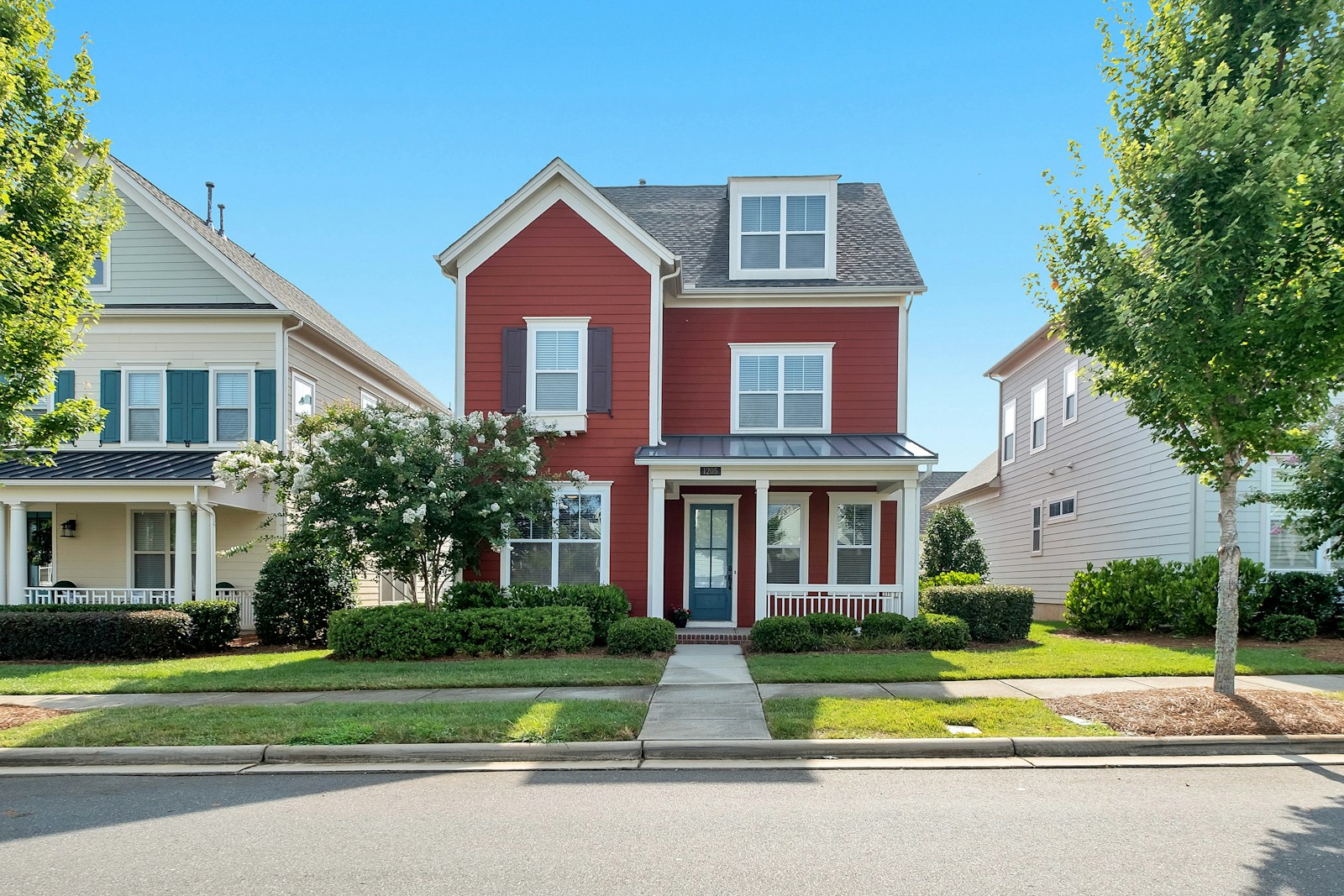Owning a waterfront condo in Vancouver is a dream for many. With breathtaking views, a vibrant lifestyle, and proximity to the best the city has to offer, it's no surprise that these properties are highly sought after. However, like any significant investment, there are both advantages and disadvantages to consider. If you're contemplating purchasing one of the stunning waterfront condos in Vancouver, it's essential to weigh the pros and cons carefully. In this blog post, we’ll explore the benefits and drawbacks to help you make an informed decision.
Introduction
Vancouver is renowned for its stunning natural beauty, and living in a waterfront condo offers the chance to enjoy that scenery daily. From sweeping views of the ocean to easy access to the city’s most beloved outdoor spaces, waterfront living can be incredibly appealing. However, the decision to buy a waterfront condo involves more than just imagining the perfect sunset view. There are financial, practical, and lifestyle factors to consider. In this blog post, we’ll explore both the pros and cons of buying waterfront condos in Vancouver, giving you the information you need to decide if this type of property is right for you.
1. The Scenic Beauty and Lifestyle
Pro: One of the most significant advantages of buying waterfront condos in Vancouver is the unparalleled scenic beauty. Whether your view overlooks the serene waters of English Bay, the bustling harbor, or the majestic mountains, living by the water provides a sense of tranquility and connection with nature that’s hard to match. Many waterfront condos feature expansive windows, allowing you to take in these breathtaking views from the comfort of your home.
Con: However, with such stunning views comes a price. Waterfront condos in Vancouver are often priced higher than comparable properties further inland. The premium you pay for the view can be substantial, and while the scenery is undoubtedly worth it for many, it’s important to consider whether this added cost aligns with your financial goals.
2. Access to Outdoor Activities
Pro: Living in a waterfront condo means you’re just steps away from some of Vancouver’s most iconic outdoor activities. Whether you enjoy kayaking, paddleboarding, cycling along the seawall, or simply taking a stroll on the beach, waterfront living offers a lifestyle that promotes health and wellness. The convenience of having these activities at your doorstep can greatly enhance your quality of life.
Con: On the flip side, this proximity to popular outdoor spaces can also mean dealing with crowds, especially during the peak tourist season. The seawall and beaches are favorite spots for both locals and visitors, which can lead to noise and congestion. If you value peace and quiet, the hustle and bustle that often accompanies these areas might be a drawback.
3. Property Value and Investment Potential
Pro: Waterfront condos in Vancouver tend to hold their value well, and in many cases, appreciate faster than other types of properties. The scarcity of available waterfront land combined with high demand ensures that these condos remain a solid investment. Additionally, the prestige of owning a waterfront property can add to its long-term value, making it a smart choice for those looking to invest in Vancouver’s real estate market.
Con: However, the investment potential of waterfront condos in Vancouver isn’t without its risks. Market fluctuations, environmental factors like rising sea levels, and the potential for future development can all impact property values. Additionally, the initial purchase price is often much higher than other condos, which could limit your return on investment if the market slows down or if you need to sell quickly.
4. Maintenance and Insurance Costs
Pro: Many of Vancouver’s waterfront condos are located in well-maintained buildings with top-tier amenities, including pools, gyms, and concierge services. The quality of these buildings often translates to lower maintenance concerns for residents, as issues are addressed quickly by the management team. Plus, the communal nature of condos means that some maintenance costs are shared among residents, potentially reducing the individual burden.
Con: That said, living by the water comes with unique challenges. Waterfront condos in Vancouver are more exposed to the elements, which can lead to higher maintenance costs over time. Saltwater corrosion, humidity, and the risk of flooding are all factors that could increase your expenses. Additionally, insurance premiums for waterfront properties tend to be higher due to these risks. Before purchasing, it’s crucial to understand the potential ongoing costs associated with maintaining and insuring your waterfront condo.
Conclusion
Buying a waterfront condo in Vancouver is a decision that comes with both significant benefits and some potential drawbacks. The scenic beauty, outdoor lifestyle, and investment potential are all compelling reasons to consider such a property. However, the higher purchase price, ongoing maintenance costs, and challenges associated with living in a popular area are important factors to weigh. By carefully evaluating these pros and cons, you can make a well-informed decision about whether waterfront living is the right choice for you.
Are you considering buying a waterfront condo in Vancouver? What factors are most important to you in making this decision? Share your thoughts in the comments below – we’d love to hear from you!
Looking for waterfront properties in Vancouver? Click this link here below to view listings today!






